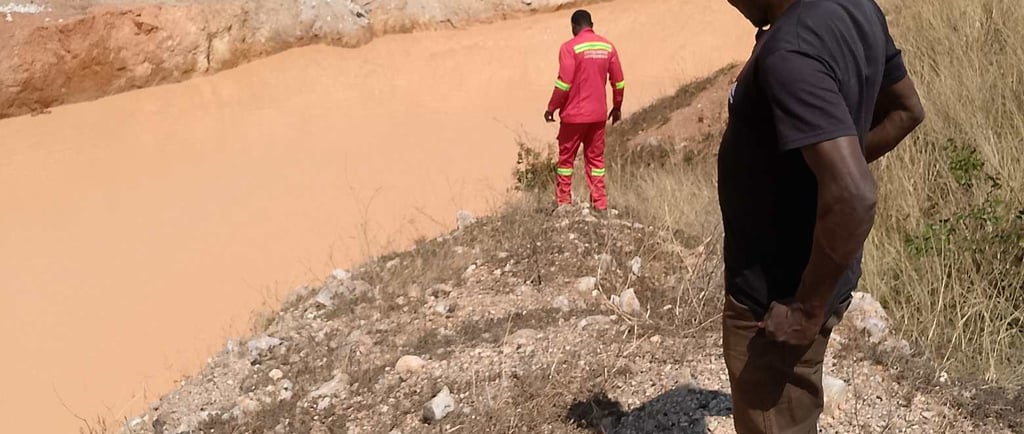Environmental Impacts of Mining: A Study of Mining in Mzimba District in Malawi
This report shows how illegal mining's environmental toll in Malawi's Mzimba area has contaminated water, razed forests, and rendered farmlands barren - calling for strengthened policies and corporate responsibility to empower citizens and sustainably leverage mineral wealth.
John Vasco Chidule
11/9/20231 min read


A new report from Zozodo Gemstone Mining Consultancy shines a light on the devastating impacts illegal small-scale mining is having across Malawi's Mzimba region. Despite the 2019 Minerals Act aiming to better regulate the sector, lack of enforcement has allowed uncontrolled extraction to continue degrading fragile ecosystems.
The report's analysis of mining sites in communities like Thoza, Kafukule, and Makulande reveals the true extent of the damage. Productive farmlands rendered wastelands. Lush forests razed to the ground. Rivers and streams tainted by silt and toxins. The loss of vegetation contributing to erosion, flooding, and water scarcity.
Interviews with affected residents expose weak governance as a root cause. Lengthy bureaucratic hurdles discourage registration for licences, pushing activity underground. Companies excluding local participation and oversight during exploratory phases undermine social trust and accountability. Promises of employment and infrastructure projects to gain community support routinely are broken once lucrative deposits are tapped.
With livelihoods jeopardized through contaminated water supplies and infertility of croplands, the resulting desperation only intensifies unsustainable practices. The study notes illegal miners' sole focus is immediate survival, not adhering to environmental regulations or considering future sustainability.
To curb the crisis, ZGC proposes remedies targeting strengthened community rights, easier licensing procedures, tighter enforcement, reforestation programs, and widespread ecological education. The Malawian government must empower and collaborate with its citizens to ensure the country responsibly leverages its vast mineral wealth. And mining companies must embrace corporate social responsibility placing people before profits.
With climate change intensifying pressure on resources, business-as-usual exploitation has no future. Only by pursuing truly sustainable development putting environmental and community wellbeing on par with economic growth can Malawi avoid condemning more regions to the fate seen today across Mzimba. The time for progress built on inclusion, accountability and ecological respect is now.
About
ZGC - Zozodo Gemstone Consultancy and Mining Limited. We provide end-to-end gemstone mining and consultancy services. Leveraging expertise in exploration, operations, cutting/polishing, and global trade, Zozodo maximizes value for clients while empowering mining communities through sustainable projects and social initiatives supporting responsible artisanal mining
Info
Contact us
© 2025. All Rights Reserved by ZGC
+265 990 582 440 / +265 880 112 277
zozodogemstone@gmail.com
PO BOX 73, Mzimba Gemstone, Malawi
